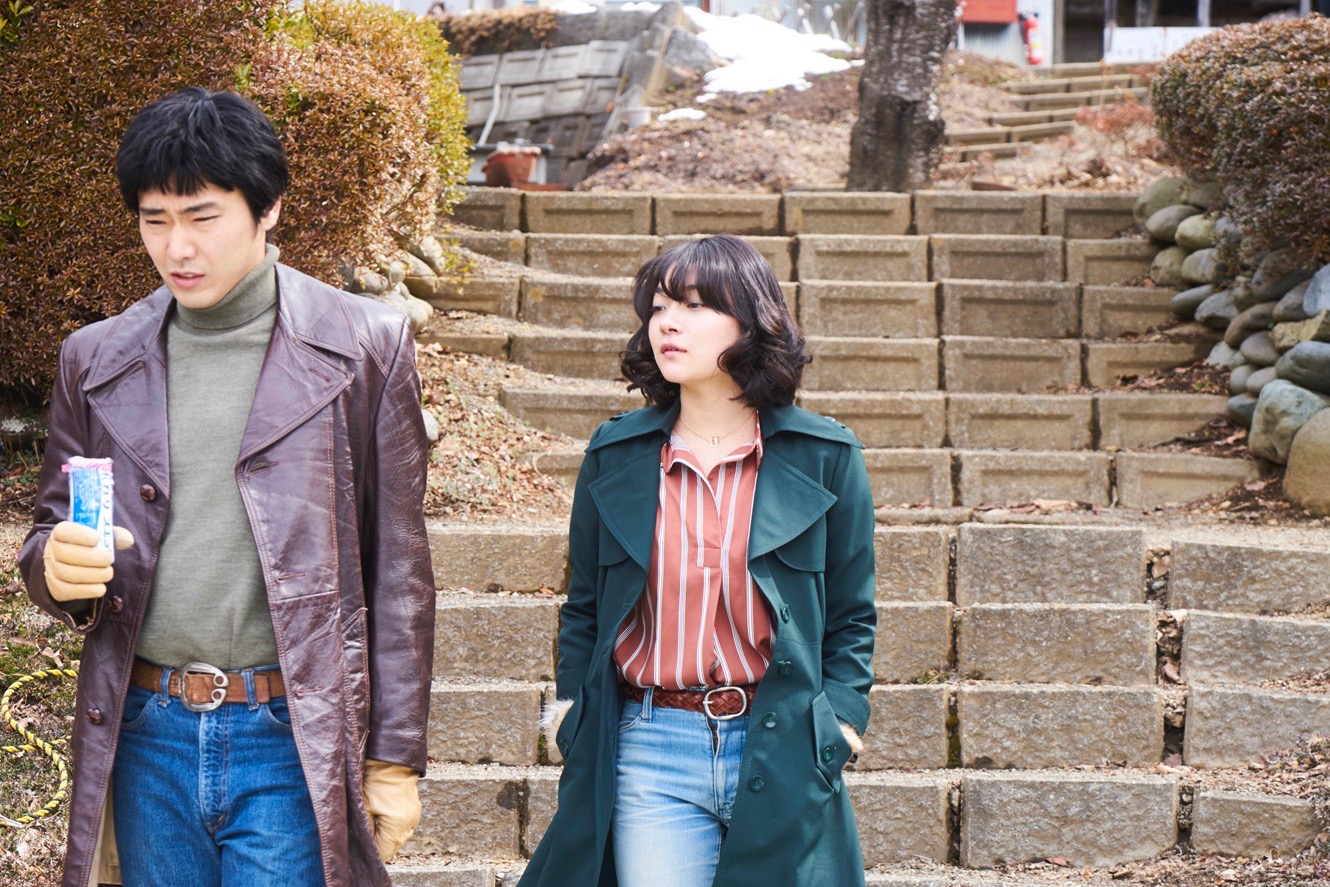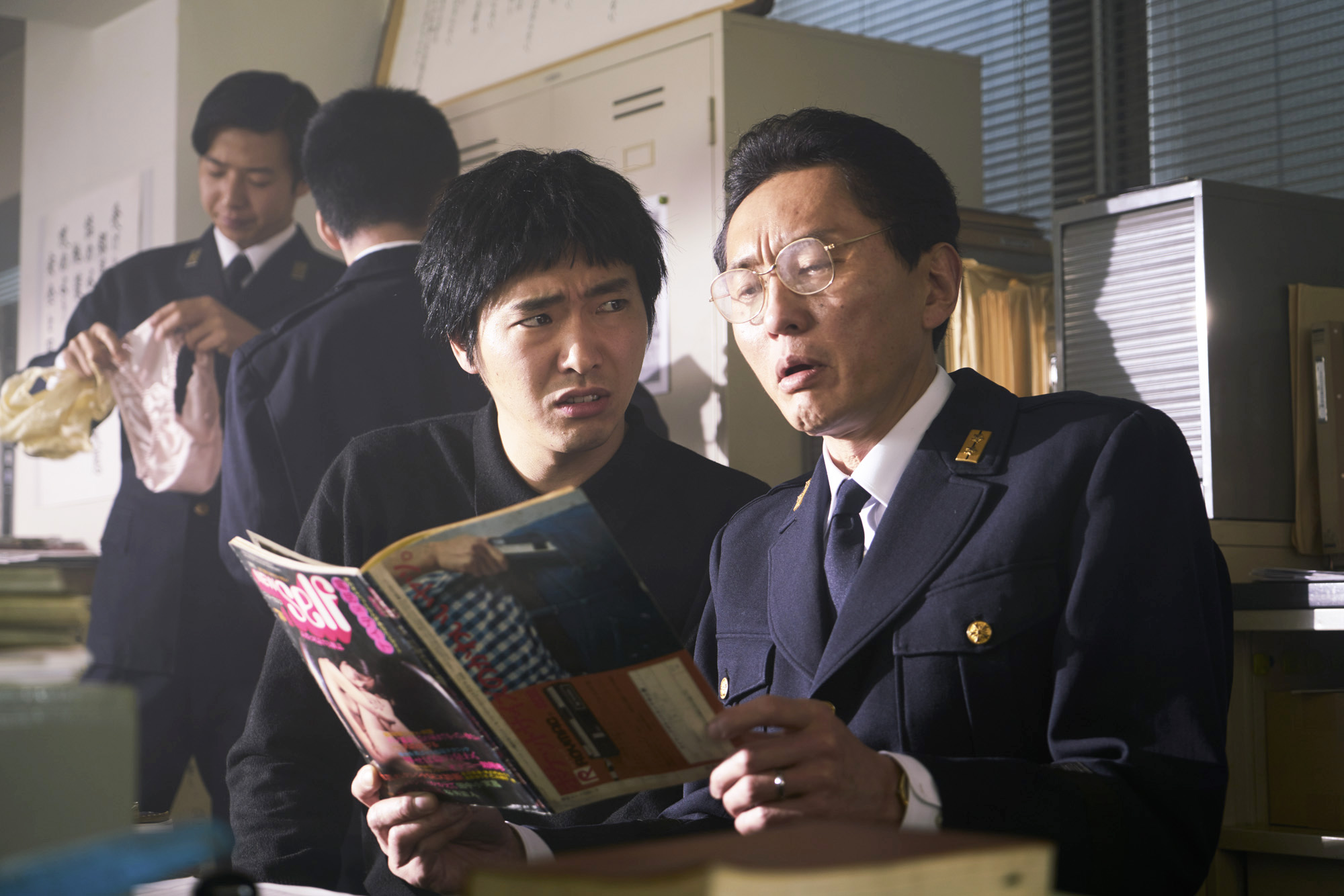![An exceptional masterpiece of a "chronicle" film, which is rare in Japan. Director Masayuki Tominaga "Dynamite Graffiti" [Director's Interview Vol.13]](https://cinemore.jp/images/45313a0868ddef970860414cc12e16a6d15abc05a9a938f5687cb39364156870.png)
An exceptional masterpiece of a "chronicle" film, which is rare in Japan. Director Masayuki Tominaga "Dynamite Graffiti" [Director's Interview Vol.13]
Adding details to the actor's sense of reality
Q: The actors were also wonderful in capturing the atmosphere of each era.
Tominaga: I'm of a generation (born in 1975) who didn't live through the times depicted in movies with a real sense of reality, so I can only imagine what the characters look like.
However, the actors...especially Touko Miura, who plays Fueko (the mistress of the main character, Akira Suei), are desperately trying to access the reality of the person who appears on a page in the chronicle. It might have been. This is because the woman who became the model for Fueko wrote an article every month in the editorial postscript of Weekend Super (a legendary magazine edited by Akira Suei from 1977). About a year or a year and a half. In that short series of comments, you can clearly see her humanity.
I was so excited when I discovered that (lol). So, I showed this editorial note to Mr. Miura. I think this had a considerable influence on my acting. Mr. Miura would sometimes call this character by his real name instead of his role name, ``Fueko.''

Q: That's a good story.
Tominaga: I think she must have been a cool girl at the time. The writing style is also quite sharp. I think Mr. Suei also had a special liking for this person. Even in his book `` Suicide '' (2013/Asahi Publishing), where he refers to her by the name ``Mr. F,'' the tone of the text is completely different.
That's why I made this film with the hope that the woman who was the model for Fueko would see this movie at some point. I didn't want to be embarrassed if the person in person saw it...I was extremely nervous.
Q: I see. Also, many people pointed out that the characters' glasses were often cloudy.
Tominaga: My hypothesis is that Japan was in a period of intense economic growth, and all men were working frantically. That's why he doesn't care if his clothes are dirty or his glasses are dirty, and even the cabaret manager (Yasushi Masaoka) doesn't even care about the serious injury he received at the hospital (lol).
This point has a bit more symbolic meaning, and for the main character, Young Suei (Tasuku Emoto), there are people who don't understand him...in other words, people who have no doubts about working. In fact, his glasses are dirty, he speaks in a domineering manner, and he is getting hurt. It's like a cabaret, a factory, a design company, and many others. The main character's wife, Makiko (Atsuko Maeda), doesn't get dirty even when she wears glasses. The father, Shigeyoshi (Jun Murakami), only has dirty glasses in the scenes in the factory.
Overall, I wanted it to look casual, like the main character was the only one who was carefree in a time when everyone was so engaged in labor that they stopped thinking, but it went a little too far. Takanashi (lol).

Q: No, I think it was very effective. In this turbulent era, young Suei seems to be the only one floating around effortlessly. God is in the details, and it is precisely because of the attention to detail that we are able to step into the world of the film.
Tominaga: That makes me happy. Up until now, I've often come up with details on set, but when it came to the glasses this time, when I was matching the costumes, I suddenly thought, ``These glasses aren't that beautiful.'' The initial idea was completely intuitive, and later I felt like I had a concrete reason for it.

